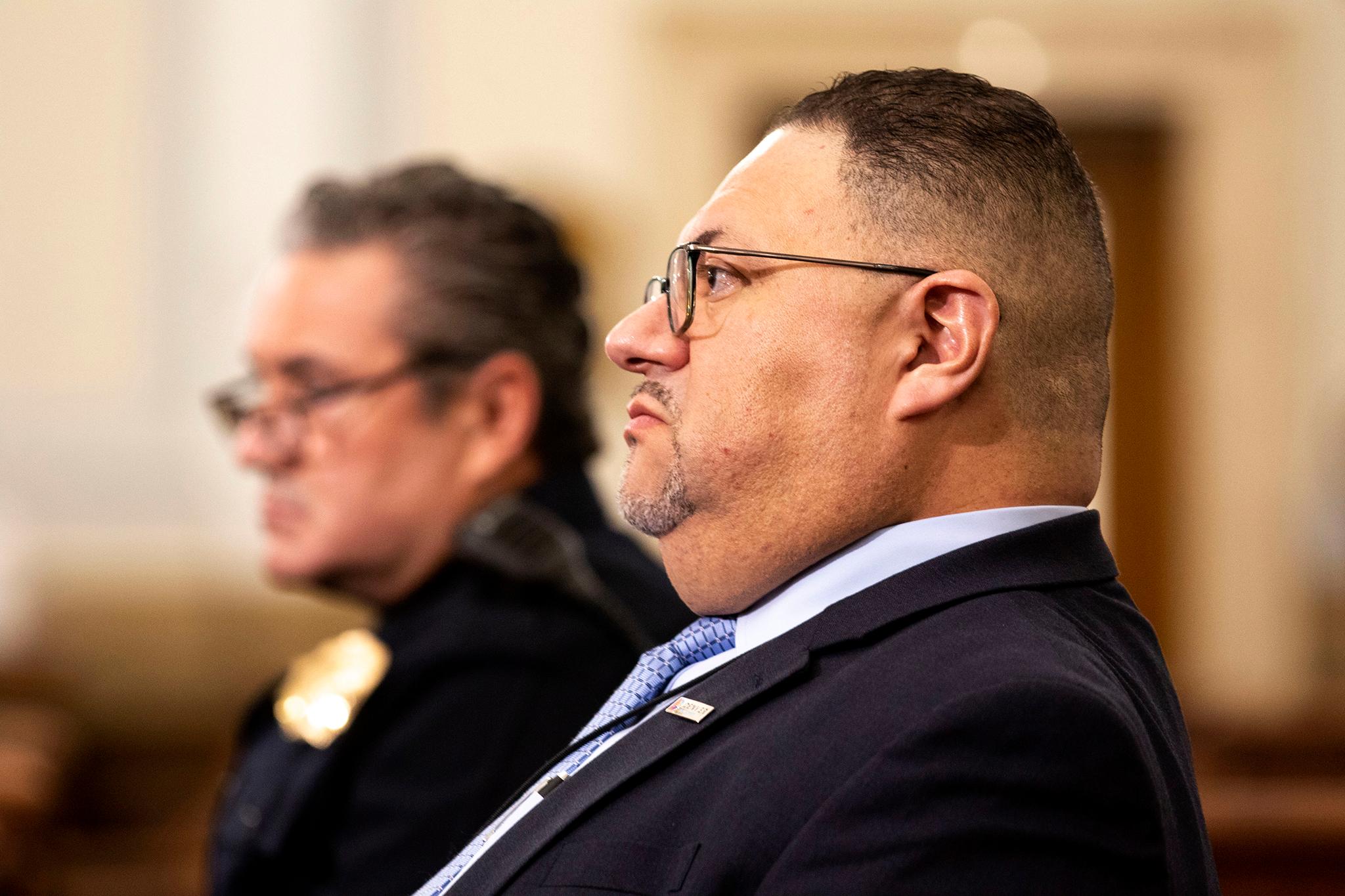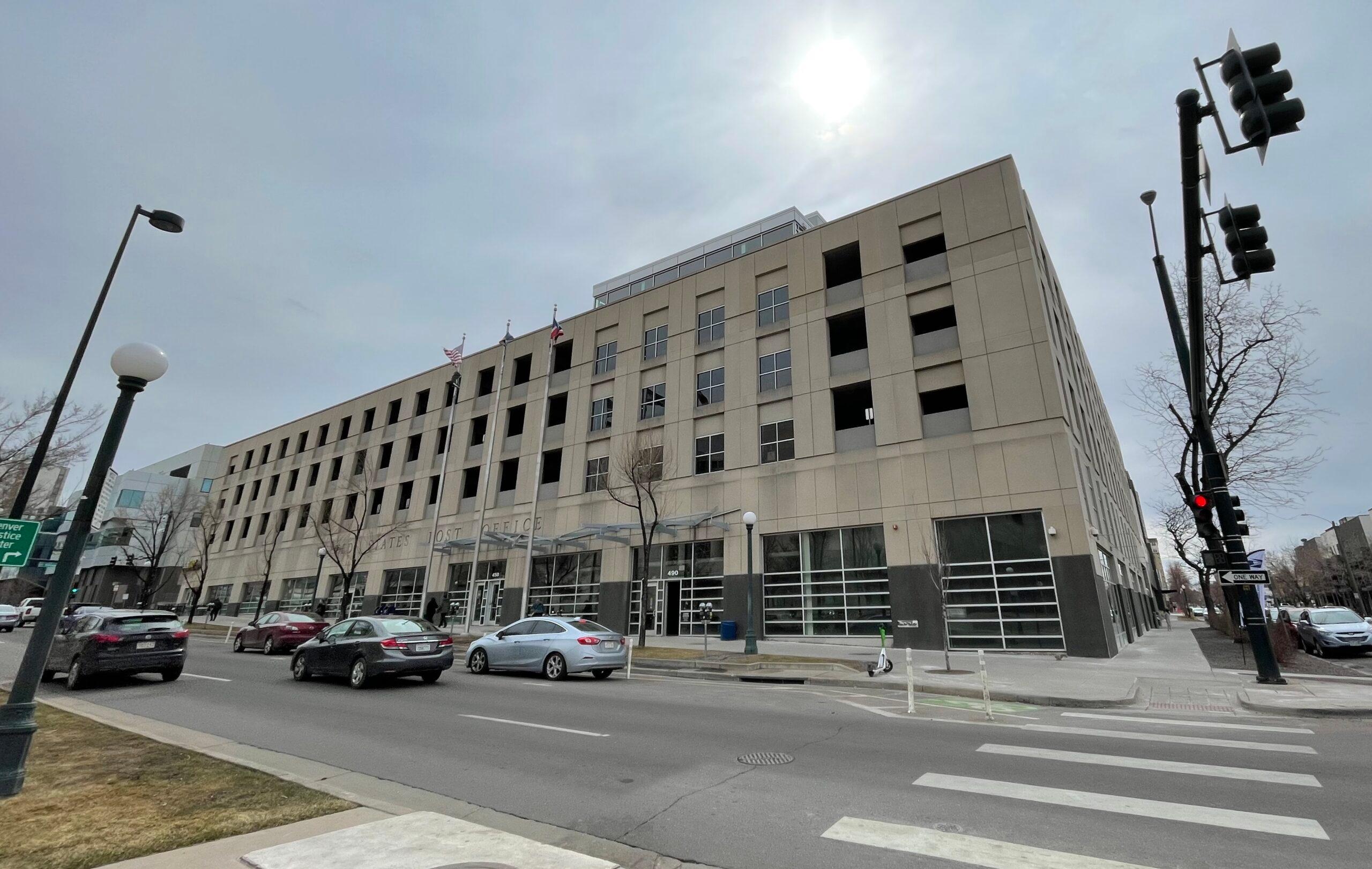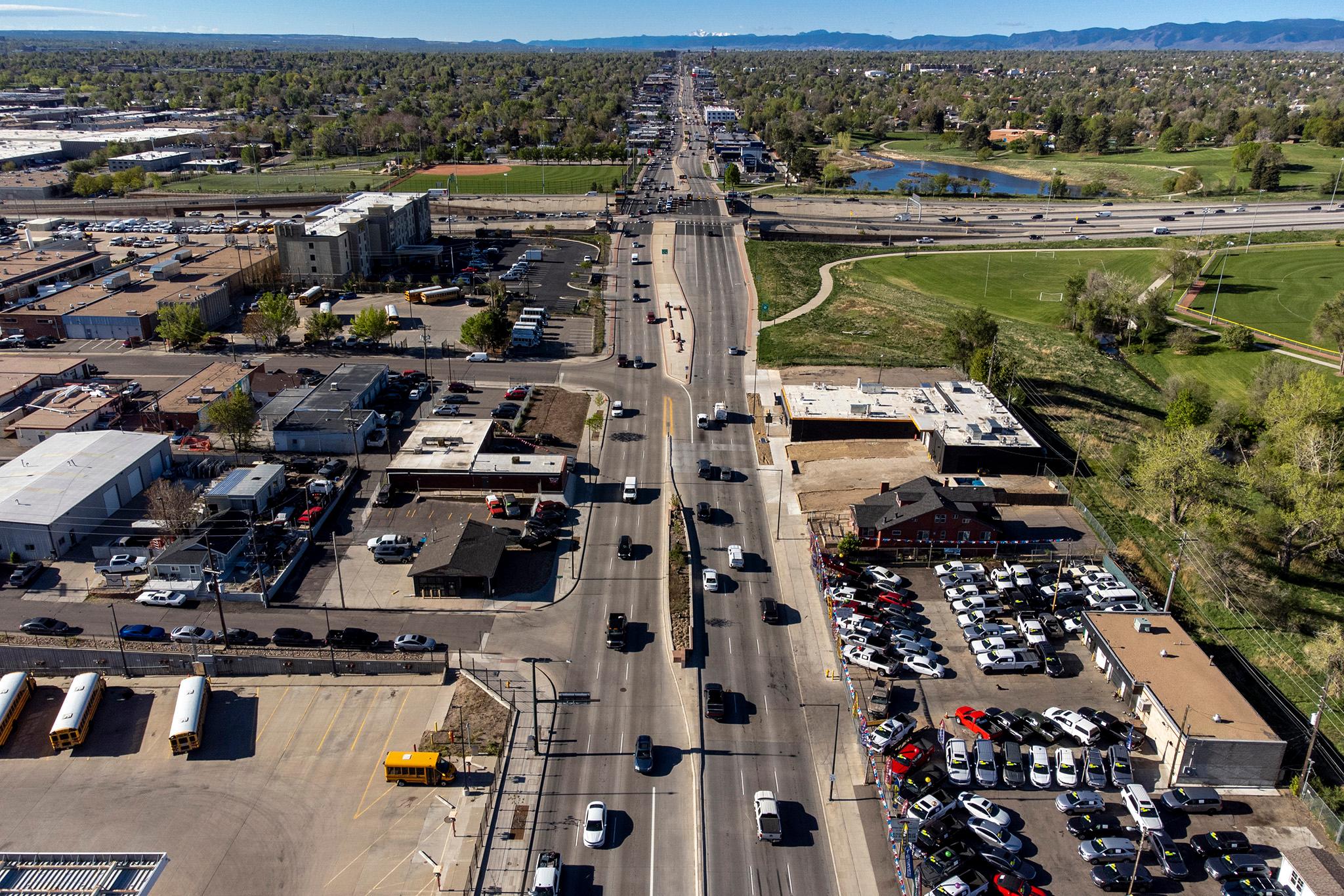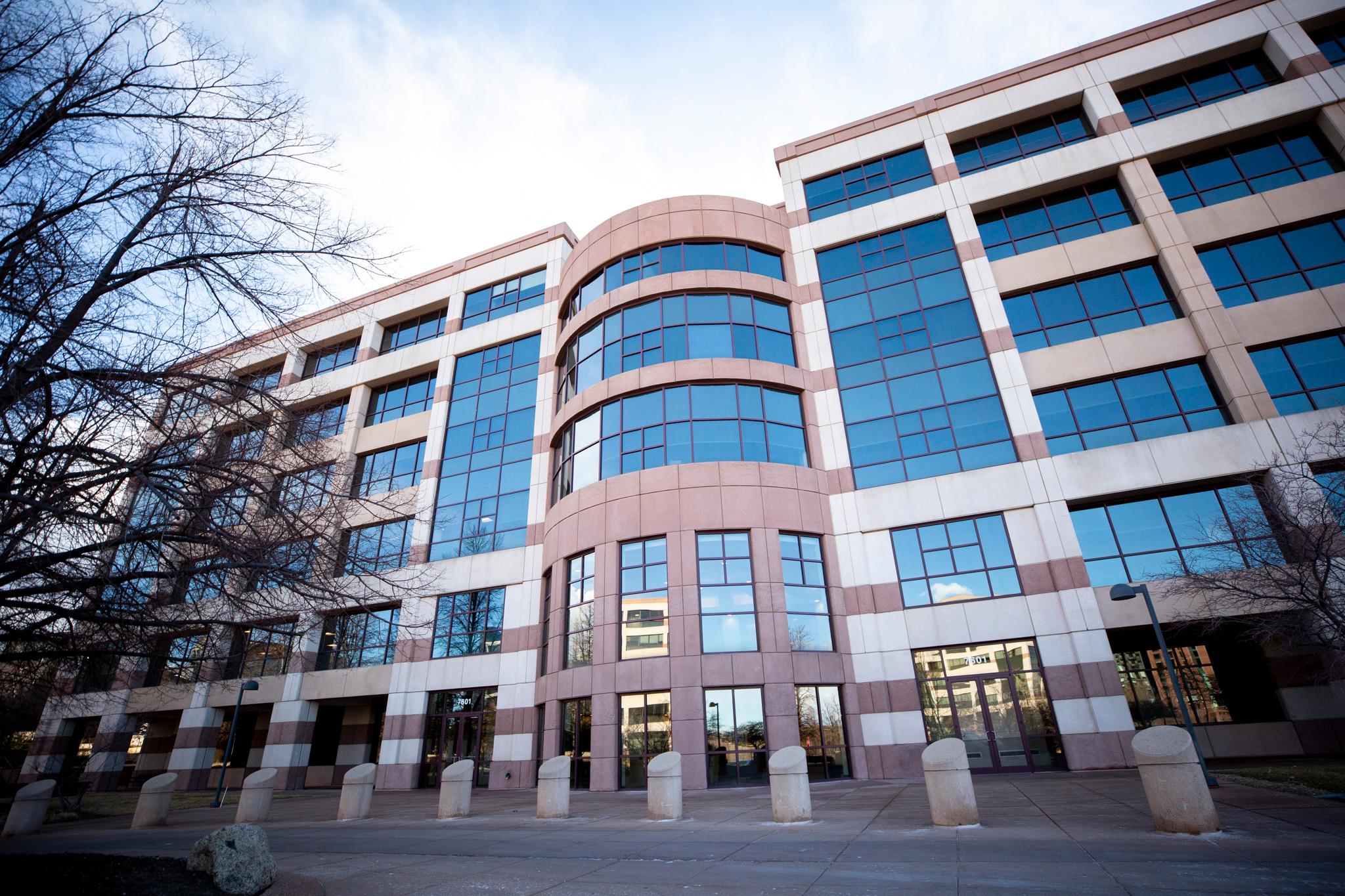Denver city officials debated how to tackle rising crime rates on Wednesday during the city council's safety committee meeting.
The slides Denver Police Chief Paul Pazen and Public Safety Director Armando Saldate presented to city lawmakers showed how much the city's crime rates have risen, with murder, aggravated assault and property crime like car theft all up. They reflect a statewide trend.
One way officials hope to address crime is by erecting an assessment, intake and diversion center, or AID Center. Saldate said it could help provide referral services for things like housing and addiction treatment for people who have frequent run-ins with the law. The plan calls for a pilot program to launch this summer, housed inside a city-owned building across the Denver Justice Center.
The goal would be to connect people with low-level offenses like trespassing and certain drug crimes to more appropriate services. It would also be open to people who aren't charged for any crime but who are seeking certain services and offer case management for anyone who uses its services.
"The AID Center focuses on the root cause, like what we've talked about, substance misuse, homelessness, physical and mental health issues, education, access to community-based training," Saldate said. "We will have community partners involved in this center. They are involved already in the standing up of this."
It's a plan at least two Denver City Council members were quick to raise concerns about during the council's meeting. Saldate said the AID Center would cost $747,000 to operate and would include three staff members.
Councilmember Robin Kniech said she didn't like the way the discussion around the center was framed; she suggested Saldate conflated people experiencing homelessness to people committing crimes who would potentially use the services at the center. Councilmember Candi CdeBaca said she agreed with Kniech's point.

"It is not a crime to be homeless," Kniech said. "It deeply concerns me to hear the conflation of these two."
People who use drugs can be both housed and unhoused, she said, but it's unhoused people who are more likely to get caught because they don't have a home where they can use drugs privately. Lots of people experiencing homelessness are not addicted to drugs and are not criminals, she added.
Intake at the AID Center would still include a traditional jail intake process, so people would be fingerprinted, for example, and staff would search to see if there are warrants issued for them. Kniech said creating the center could undermine and even compete with work done by the STAR program, which Saldate spoke about and lauded during his presentation.
The program, which is set to expand this year, sends clinicians instead of cops to the same incidents involving low-level crimes that would be served by the AID Center. It's something Kniech pointed out.
"It puts the entire direction I thought we had agreed we were going [into question], which was not having police doing these calls, these transports," Kniech said.
Saldate countered by saying that STAR is "not the end all be all" when it comes to addressing certain crimes. The program can't clear criminal warrants, he said, which is something the AID Center would be able to do. He said providing a diversion center option would free cops to focus on more serious crimes.
"It's not the only factor," Saldate said. "It's not replacing things. It's adding to our area list and community partners and service providers are critical to that."
The conversation about the proposed center isn't over. Saldate said he wants to partner with local organizations like the Second Chance Center and Servicios de la Raza to provide services there.
Councilmember Paul Kashmann, who serves as the committee's chairman, asked for the discussion to be continued during a future committee meeting.












